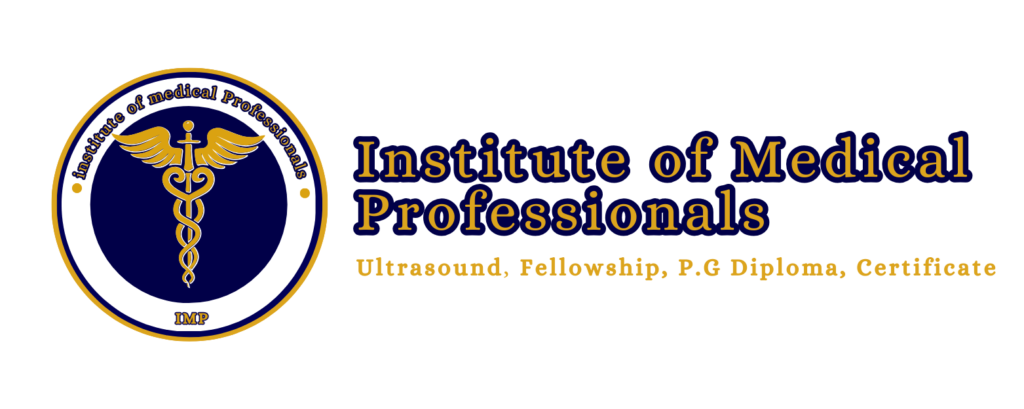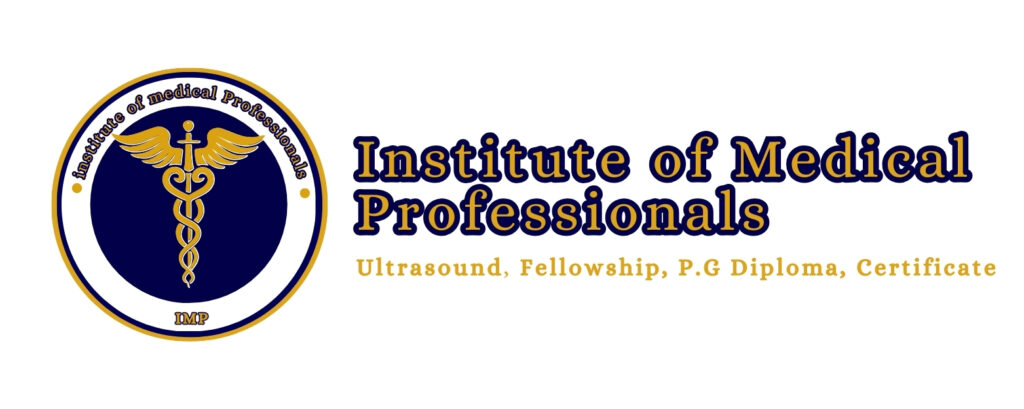Fellowship in Infectious Diseases
About Course
The Fellowship in Infectious Diseases is an advanced training program aimed at healthcare professionals who wish to specialize in the prevention, diagnosis, treatment, and management of infectious diseases. This fellowship provides comprehensive education on various infectious agents, the latest diagnostic techniques, and modern therapeutic strategies. The program combines theoretical knowledge with hands-on clinical experience, preparing fellows to manage complex cases and contribute to public health initiatives.
Course Duration
6 Months
Requirements:
- MBBS or equivalent medical degree
- Completed residency in Internal Medicine or a related specialty
- Valid medical license
- Strong interest in infectious diseases and public health
Course Modules
- Fundamentals of Infectious Diseases
- Overview of microbial pathogens: bacteria, viruses, fungi, and parasites
- Basic principles of infection control and epidemiology
- Diagnostic Techniques in Infectious Diseases
- Laboratory methods for diagnosing infectious diseases
- Use of molecular diagnostics, serology, and imaging in infection detection
- Antimicrobial Therapy and Resistance
- Principles of antibiotic, antiviral, antifungal, and antiparasitic therapy
- Understanding and managing antimicrobial resistance
- Management of Viral Infections
- Detailed study of common and emerging viral infections (e.g., HIV, Hepatitis, COVID-19)
- Antiviral therapies and vaccine development
- Bacterial Infections and Antibiotic Stewardship
- Diagnosis and treatment of bacterial infections, including tuberculosis, MRSA, and pneumonia
- Strategies for antibiotic stewardship in clinical practice
- Fungal and Parasitic Infections
- Identification and treatment of common and rare fungal infections
- Diagnosis and management of parasitic diseases, including malaria and helminthic infections
- Infections in Immunocompromised Patients
- Special considerations for infectious diseases in patients with HIV/AIDS, cancer, or organ transplants
- Prophylactic and therapeutic approaches in immunocompromised populations
- Infectious Diseases in Public Health
- Role of infectious disease specialists in outbreak management and epidemiology
- Public health strategies for controlling infectious diseases at the population level
- Emerging and Re-emerging Infectious Diseases
- Study of newly identified infectious agents and re-emergence of old pathogens
- Global health perspectives and the impact of climate change on infectious diseases
- Infectious Disease Prevention and Control
- Vaccination strategies and immunization programs
- Infection control measures in healthcare and community settings

